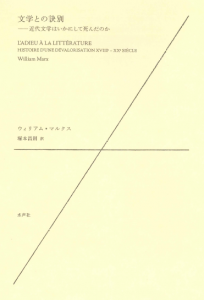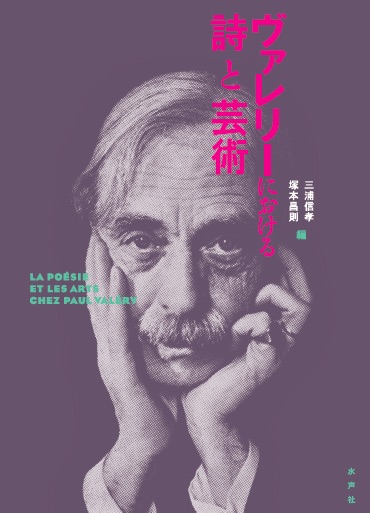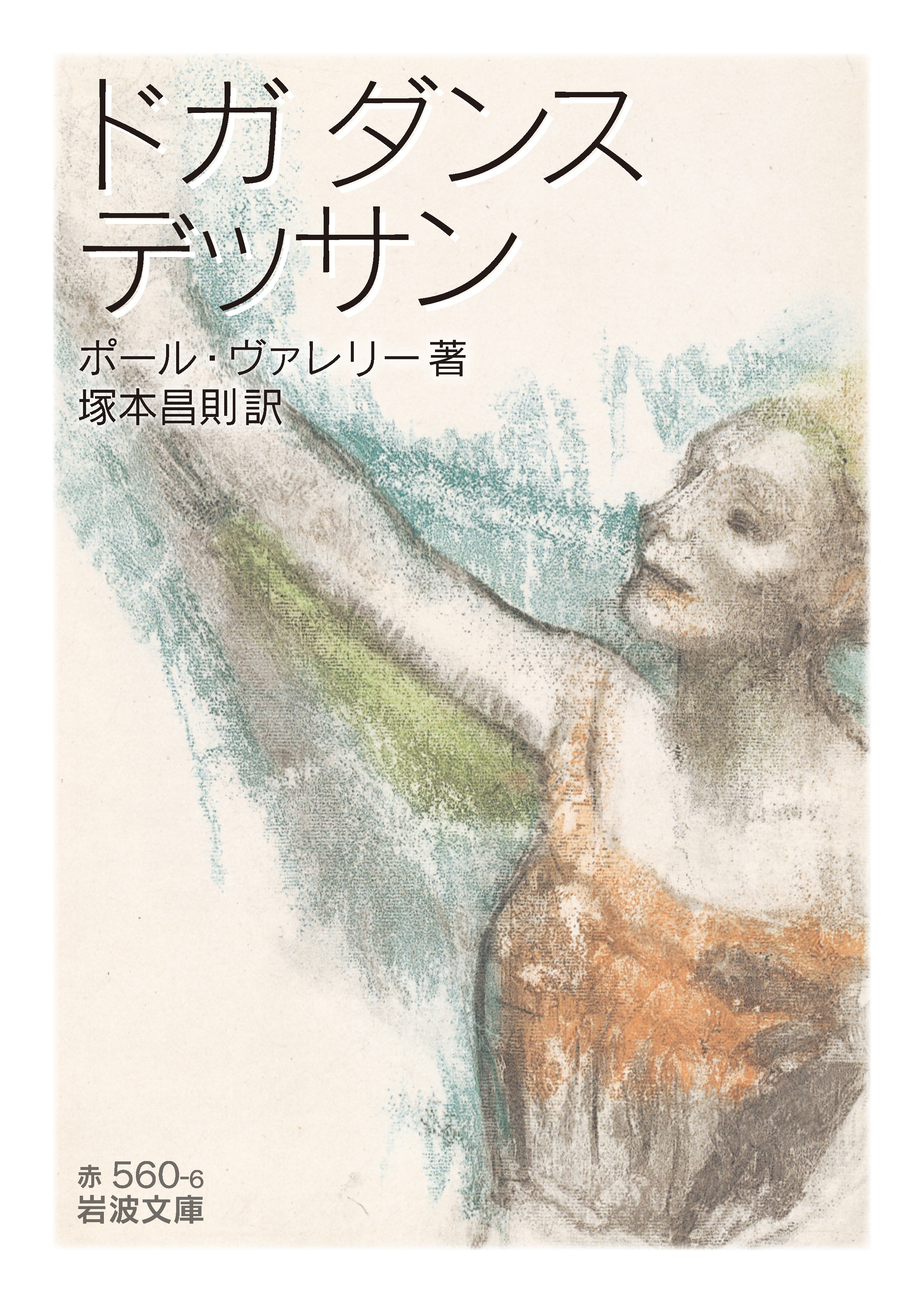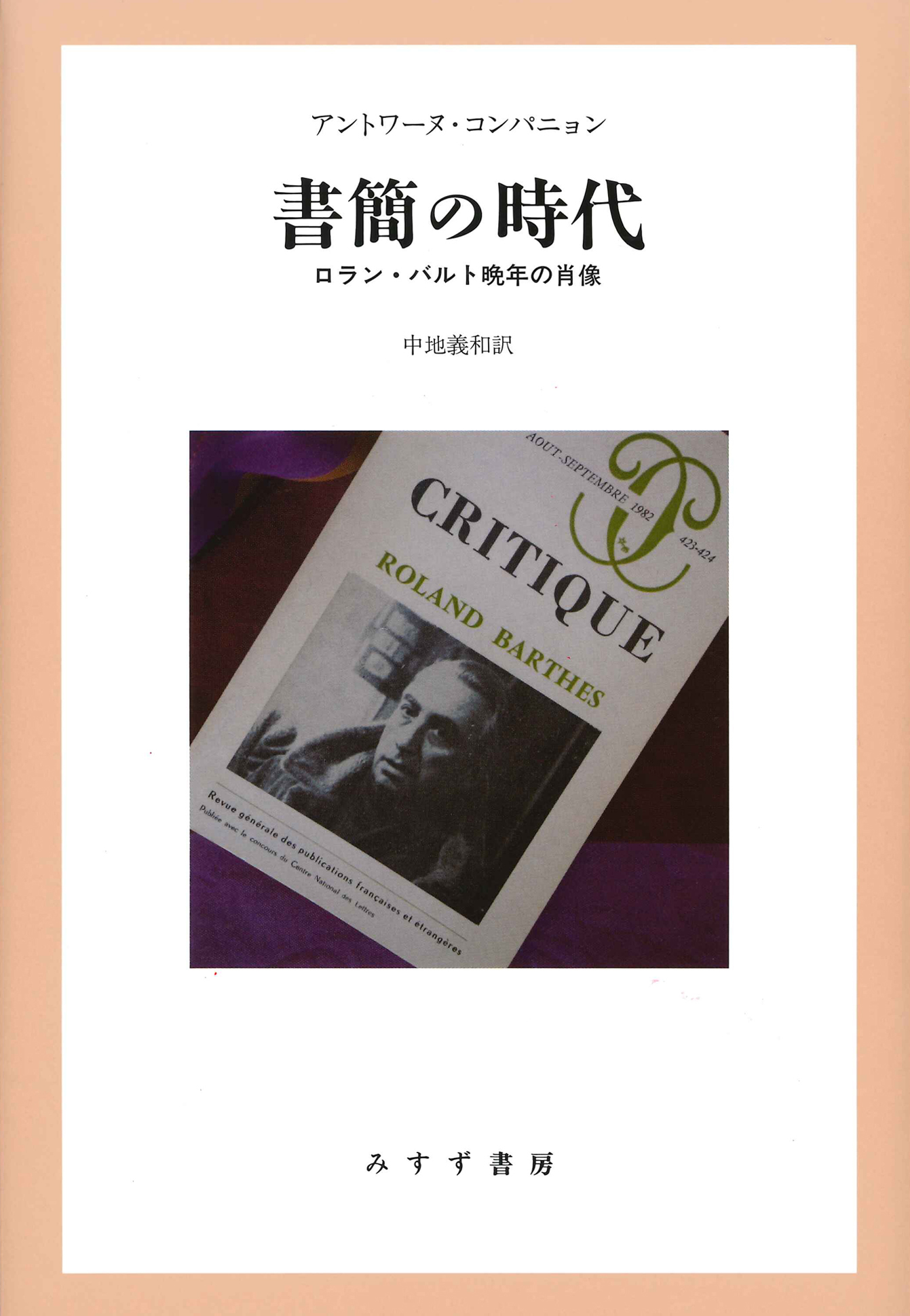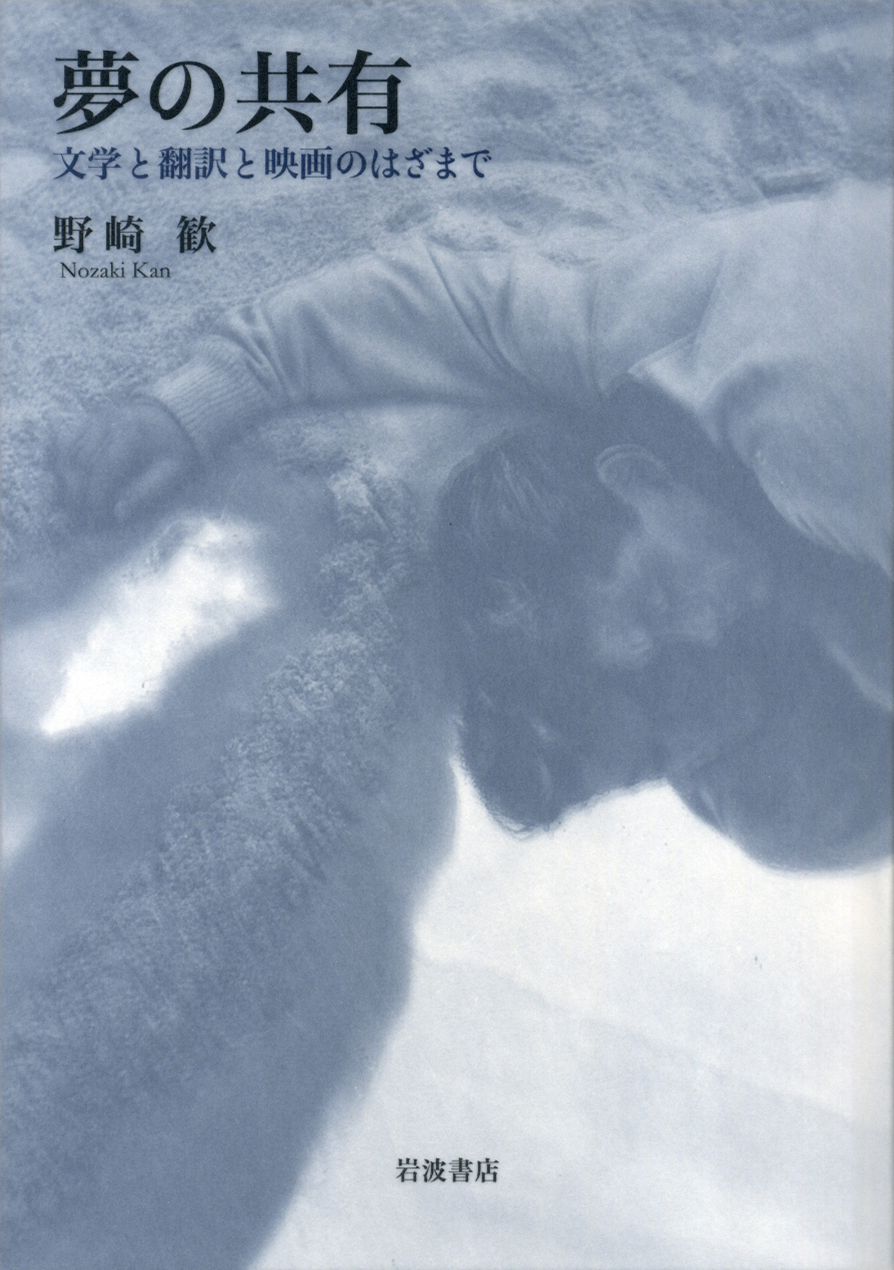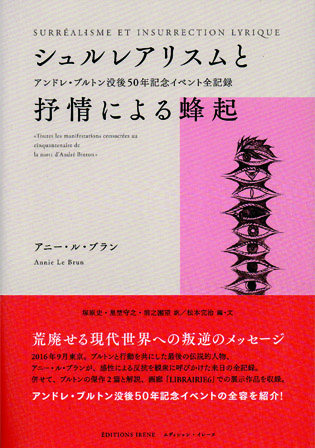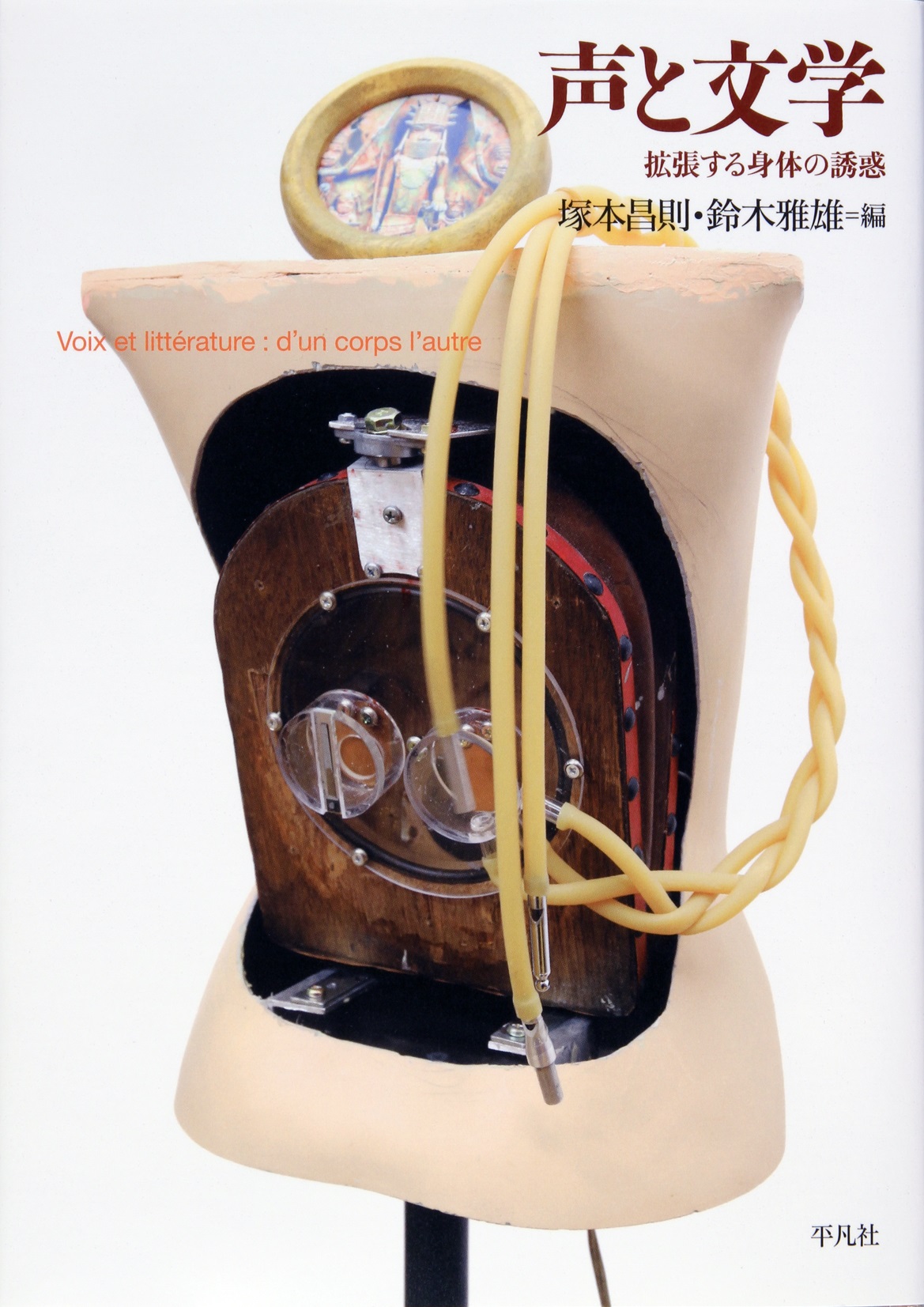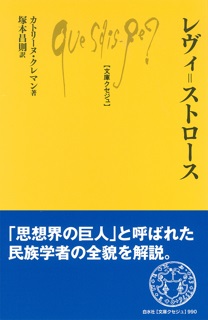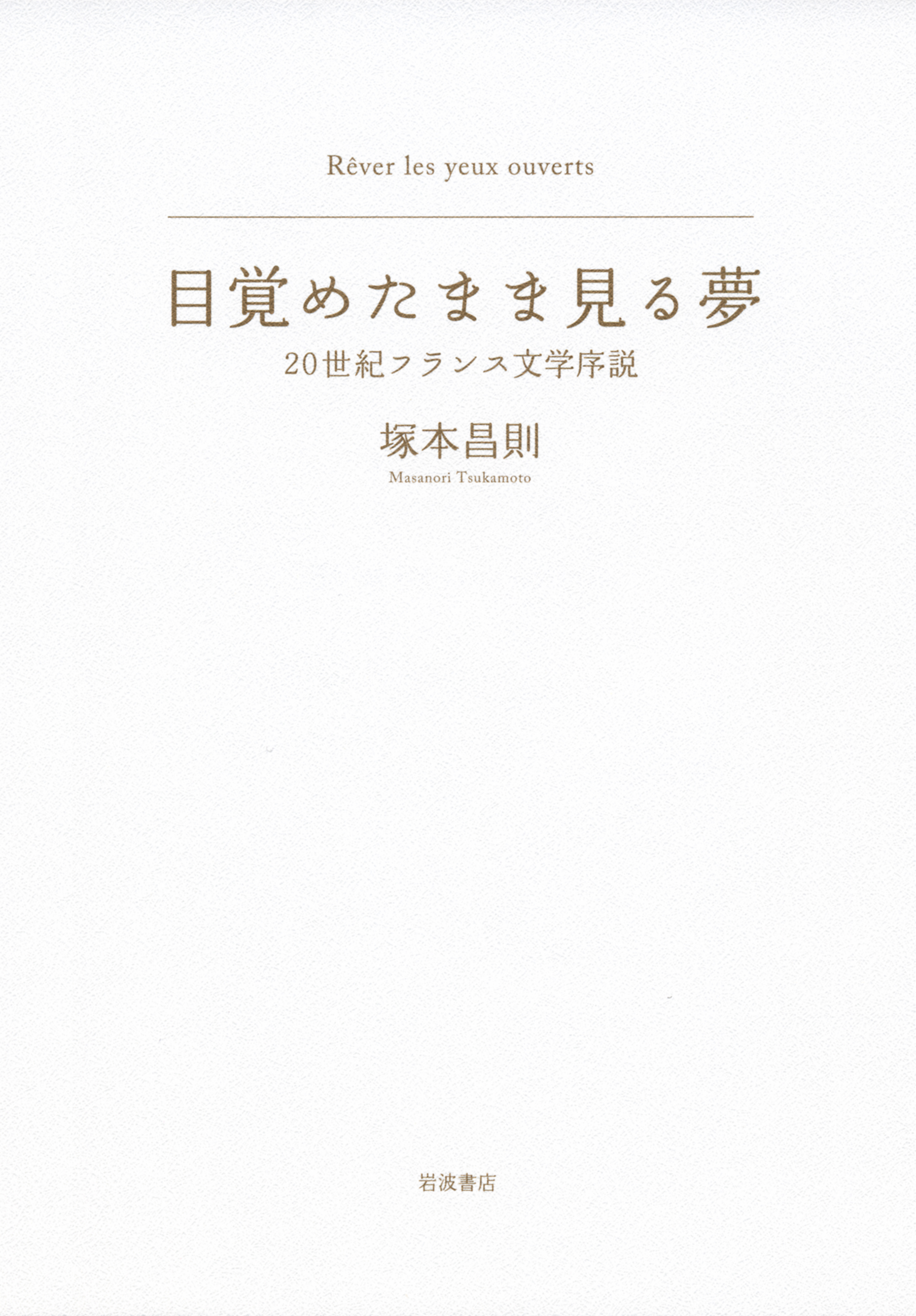
Title
Mezametamama miruyume (Dreaming While Awake - Introduction to 20th Century French Literature)
Size
254 pages, 127x188mm, hardcover
Language
Japanese
Released
February 22, 2019
ISBN
9784000249577
Published by
Iwanami Shoten
Book Info
See Book Availability at Library
Japanese Page
"I had a dream," people say. A dream is a phenomenon that we usually describe in the past tense upon waking up. Once you become conscious of the dream, is it possible to then experience it firsthand? Can you dream while awake?
These were the types of questions explored by a variety of French writers in the 20th century. Dreams have fascinated every culture through the ages, but this was the period when completely new approaches to dreams began surfacing, inspired by Freud's The Interpretation of Dreams (1900). In France, the question of the possibility to dream in a state of awakened consciousness was a particular subject of interest, rather than the dreams experienced while asleep. The writers actively depicted moments when dreams and consciousness coexist, when for some reason familiar objects of daily life seem to be bathed in a distinct luster in sleep. To understand how profoundly the interest in dreams during this period was influenced by the question of awakened consciousness, one has to only consider examples, such as by Proust, who repeatedly depicted the half-awake snooze, and by the surrealists, who aimed at erasing the boundary between dreams and reality.
Why did the French writers attempt to capture the act of dreaming in relation to awakened consciousness, instead of understanding dreams in relation to the unconscious, like Freud? Contextually, this was a time characterized by what Benjamin called “the poverty of experience,” wherein experiences became difficult to communicate. The opportunities for gaining the rich life experiences that consummate one's personhood had been dismantled. Past experiences had little meaning in a social context where the nature of experiences underwent changes in every generation or even decade. At the same time, however, this was a time when subjectivity had permeated every corner. Our only experiences of the world, no matter how trivial, came through ourselves. Despite the status of the "I" declining decisively, no one except this "I" could decide what was truly valuable.
Perhaps this is why dreams continued to be associated with a mysterious power. The boundary between the states of being asleep and awake was the threshold into a power beyond the individual. The threshold opened to an outer world where the "I" is overwhelmed even though nothing occurs outside the "I." Perhaps deepening our awareness of this threshold would allow us to capture the moments when a world that seems flat and unchanging while awake transforms. This book explores the world of literature through the works of Valéry, Proust, Breton, Sartre, and Roland Barthes, writers standing on the threshold of sleep and consciousness, seeking to dream while maintaining enough attentiveness to experience firsthand the echoes of a world far beyond the appearance of things.
(Written by TSUKAMOTO Masanori, Professor, Graduate School of Humanities and Sociology / 2019)



 Find a book
Find a book



